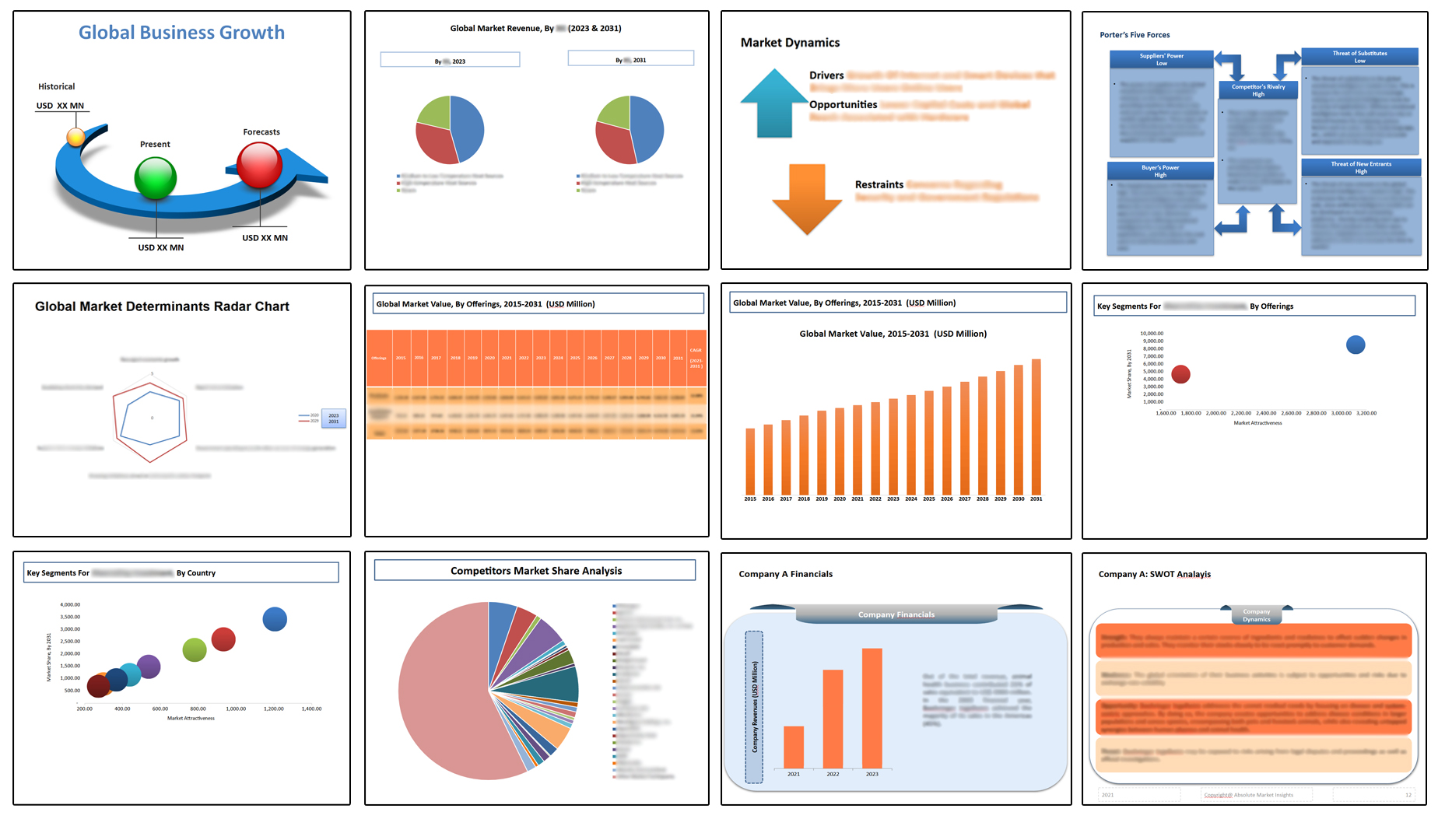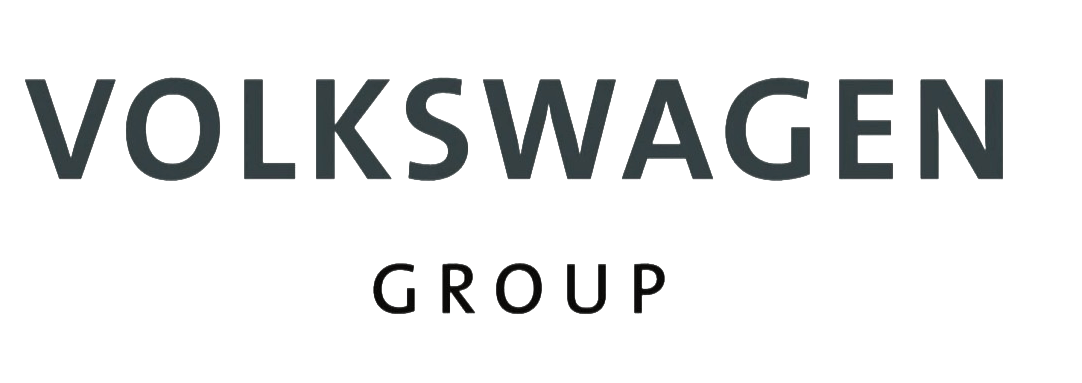Global Freight Forwarding Market By Mode of Transport, By Service, By Delivery, By Regional Coverage, By End User &By Region& Segmental Forecast, 2023-2031, Comparative Analysis and Trends
- Industry: Automotive & Transportation
- Report ID: TNR-110-901
- Number of Pages: 420
- Table/Charts : Yes
- October, 2023
- Base Year : 2024
- No. of Companies : 10+
- No. of Countries : 29
- Views : 10338
- Covid Impact Covered: Yes
- War Impact Covered: Yes
- Formats : PDF, Excel, PPT
Global Freight Forwarding Market was valued at US$ 168.14 Billion in 2022, Growing at an Estimated CAGR of4.3% from 2023-2031
Freight forwarding is a logistical service that orchestrates the movement of goods from suppliers to buyers, efficiently bridging the gap between various stages of the supply chain. Freight forwarders, acting as intermediaries, handle tasks like booking cargo space, arranging transportation modes (air, sea, road, rail), and managing documentation and customs procedures. They optimize routes, negotiate shipping rates, and provide visibility into the shipment’s progress. By coordinating shipping, warehousing, and distribution, freight forwarding streamlines international trade, ensuring timely delivery and cost-effectiveness. These professionals navigate complex regulations and diverse transport options to facilitate smooth, secure, and reliable movement of goods across borders, contributing to global commerce’s vitality.
Global Freight Forwarding Market Revenue & Forecast, (US$ Million), 2015 – 2031

COVID-19 Impact Analysis on Global Freight Forwarding Market
The freight forwarding market experienced distinct shifts before and after the COVID-19 pandemic. Pre-pandemic, the market was steadily growing, driven by globalization, trade expansion, and increased demand for efficient logistics solutions. However, the post-COVID-19 landscape brought unprecedented challenges. Supply chain disruptions, travel restrictions, and changes in consumer behavior had a profound impact. The market swiftly adapted to new demands, focusing on resilient supply chains, digitalization, and flexibility. E-commerce growth surged, requiring agile freight forwarding solutions. The pandemic underscored the importance of risk management and technology adoption. As the world moves forward, the freight forwarding market is reshaping strategies to align with a rapidly evolving logistics landscape and new consumer expectations.
Report Coverage and Deliverables:

A prominent driver of the freight forwarding market is the ongoing expansion of global trade. Surveys conducted by trade organizations underline the increasing cross-border movement of goods and the growth in international commerce. For instance, data from the World Trade Organization (WTO) reveals a consistent upward trend in the value of merchandise trade. This surge in trade activities propels the demand for efficient logistics services, driving the freight forwarding industry to provide seamless transportation, customs clearance, and supply chain solutions to cater to the escalating trade volumes.
A significant restraint on the freight forwarding market is the susceptibility to supply chain disruptions. The COVID-19 pandemic highlighted the industry’s vulnerability to unforeseen events. Reports from logistics databases indicate that disruptions like port closures, restrictions on movement, and demand fluctuations can severely impact the flow of goods. This was evident in the disruptions faced during the pandemic, which led to delays and operational challenges. Freight forwarders need to devise strategies, such as diversification of supply sources and adopting agile logistics approaches, to mitigate the adverse effects of supply chain disruptions and maintain consistent service quality.

The industrial and manufacturing sector holds dominance in the freight forwarding market due to its consistent demand for efficient logistics services. The manufacturing companies underscore the need for timely and seamless movement of raw materials, components, and finished products. This is further supported by data from industrial associations, which highlight the significant contribution of the manufacturing sector to global trade volumes.

Asia Pacificis anticipated to be the fastest growing region in the global freight forwarding market.Due to its major contribution to global commerce, with China and other key economies playing pivotal roles. The Asia Pacific’s robust manufacturing base, bolstered by countries like Japan and South Korea, fosters the demand for efficient freight forwarding services, reinforcing its leading position in the market.
Competitive Landscape
The report provides both, qualitative and quantitative research of globalfreight forwardingmarket, as well as provides comprehensive insights and development methods adopted by the key contenders. The report also offers extensive research on the key players in this market and details on the competitiveness of these players. Key business strategies such as mergers and acquisitions (M&A), affiliations, collaborations, and contracts adopted by these major market participants are also recognized and analyzed in the report. For each company, the report studies their global presence, competitors, service offerings and specification amongst others.
Some of the players operating in the global freight forwarding market are
- Bollore Logistics
- C.H. Robinson Worldwide, Inc.
- DB Schenker
- DHL Group
- DSV
- FedEx
- Kuehne+Nagel
- Maersk
- Nippon Express Holdings
- United Parcel Service of America, Inc.
- Walmart Inc.
- Other Industry Participants
Global Freight Forwarding Report Coverage
| Report Specifications | Details |
| Market Revenue in 2022 | US$ 168.14 Billion |
| Market Size Forecast by 2031 | US$ 230.89 Billion |
| Growth Rate (CAGR) | 4.3% |
| Historic Data | 2015 – 2021 |
| Base Year for Estimation | 2022 |
| Forecast Period | 2023 – 2031 |
| Report Inclusions | Market Size & Estimates, Market Dynamics, Competitive Scenario, Trends, Growth Factors, Market Determinants, Key Investment Segmentation, Product/Service/Solutions Benchmarking |
| Segments Covered | By Mode of Transportation, By Service, By Delivery, By Regional Coverage, By End Users |
| Regions Covered | North America, Europe, Asia Pacific, Middle East & Africa, Latin America |
| Countries Covered | U.S., Canada, Mexico, Rest of North America, France, The UK, Spain, Germany, Italy, Nordic Countries (Denmark, Finland, Iceland, Sweden, Norway), Benelux Union (Belgium, The Netherlands, Luxembourg), Rest of Europe, China, Japan, India, New Zealand, Australia, South Korea, Southeast Asia (Indonesia, Thailand, Malaysia, Singapore, Rest of Southeast Asia), Rest of Asia Pacific, Saudi Arabia, UAE, Egypt, Kuwait, South Africa, Rest of Middle East & Africa, Brazil, Argentina, Rest of Latin America |
| Key Players | Bollore Logistics, C.H. Robinson Worldwide, Inc., DB Schenker, DHL Group, DSV, FedEx, Kuehne+Nagel, Maersk, Nippon Express Holdings, United Parcel Service of America, Inc., Walmart Inc., Other Industry Participants |
| Customization Scope | Customization allows for the inclusion/modification of content pertaining to geographical regions, countries, and specific market segments. |
| Pricing & Procurement Options | Explore purchase options tailored to your specific research requirements |
| Contact Details | Consult With Our Expert
Japan (Toll-Free): – +81 663-386-8111 South Korea (Toll-Free): – +82-808- 703-126 Saudi Arabia (Toll-Free): – +966 800 850 1643 United States: +1 302-232-5106 United Kingdom: +447537105080 E-mail: askanexpert@thenicheresearch.com
|
Global Freight Forwarding Market
By Mode of Transport
- Air Freight Forwarding
- Ocean Freight Forwarding
- Road Freight Forwarding
- Rail Freight Forwarding
By Service
- Customs Clearance and Brokerage
- Insurance
- Storage and Packaging
- Inventory Management
- Booking Management
- Carrier Management
- Logistics Design
- Others
By Delivery
- Normal
- Express
By Regional Coverage
- International
- Domestic
By End User
- Industrial and Manufacturing
- Retail
- Healthcare
- Oil and Gas
- Food and Beverages
- Other
By Region
- North America (U.S., Canada, Mexico, Rest of North America)
- Europe (France, The UK, Spain, Germany, Italy, Nordic Countries (Denmark, Finland, Iceland, Sweden, Norway), Benelux Union (Belgium, The Netherlands, Luxembourg), Rest of Europe)
- Asia Pacific (China, Japan, India, New Zealand, Australia, South Korea, Southeast Asia (Indonesia, Thailand, Malaysia, Singapore, Rest of Southeast Asia), Rest of Asia Pacific)
- Middle East & Africa (Saudi Arabia, UAE, Egypt, Kuwait, South Africa, Rest of Middle East & Africa)
- Latin America (Brazil, Argentina, Rest of Latin America)
Note: This ToC is tentative and can be changed according to the research study conducted during the course of report completion.
**Exclusive for Multi-User and Enterprise User.
By Mode of Transport
- Air Freight Forwarding
- Ocean Freight Forwarding
- Road Freight Forwarding
- Rail Freight Forwarding
By Service
- Customs Clearance and Brokerage
- Insurance
- Storage and Packaging
- Inventory Management
- Booking Management
- Carrier Management
- Logistics Design
- Others
By Delivery
- Normal
- Express
By Regional Coverage
- International
- Domestic
By End User
- Industrial and Manufacturing
- Retail
- Healthcare
- Oil and Gas
- Food and Beverages
- Others
By Region
- North America (U.S., Canada, Mexico, Rest of North America)
- Europe (France, The UK, Spain, Germany, Italy, Nordic Countries (Denmark, Finland, Iceland, Sweden, Norway), Benelux Union (Belgium, The Netherlands, Luxembourg), Rest of Europe)
- Asia Pacific (China, Japan, India, New Zealand, Australia, South Korea, Southeast Asia (Indonesia, Thailand, Malaysia, Singapore, Rest of Southeast Asia), Rest of Asia Pacific)
- Middle East & Africa (Saudi Arabia, UAE, Egypt, Kuwait, South Africa, Rest of Middle East & Africa)
- Latin America (Brazil, Argentina, Rest of Latin America)
**Note: The report covers cross-segmentation analysis by region further into countries
The Niche Research approach encompasses both primary and secondary research methods to provide comprehensive insights. While primary research is the cornerstone of our studies, we also incorporate secondary research sources such as company annual reports, premium industry databases, press releases, industry journals, and white papers.
Within our primary research, we actively engage with various industry stakeholders, conducting paid interviews and surveys. Our meticulous analysis extends to every market participant in major countries, allowing us to thoroughly examine their portfolios, calculate market shares, and segment revenues.
Our data collection primarily focuses on individual countries within our research scope, enabling us to estimate regional market sizes. Typically, we employ a bottom-up approach, meticulously tracking trends in different countries. We analyze growth drivers, constraints, technological innovations, and opportunities for each country, ultimately arriving at regional figures.Our process begins by examining the growth prospects of each country. Building upon these insights, we project growth and trends for the entire region. Finally, we utilize our proprietary model to refine estimations and forecasts.
Our data validation standards are integral to ensuring the reliability and accuracy of our research findings. Here’s a breakdown of our data validation processes and the stakeholders we engage with during our primary research:
- Supply Side Analysis: We initiate a supply side analysis by directly contacting market participants, through telephonic interviews and questionnaires containing both open-ended and close-ended questions. We gather information on their portfolios, segment revenues, developments, and growth strategies.
- Demand Side Analysis: To gain insights into adoption trends and consumer preferences, we reach out to target customers and users (non-vendors). This information forms a vital part of the qualitative analysis section of our reports, covering market dynamics, adoption trends, consumer behavior, spending patterns, and other related aspects.
- Consultant Insights: We tap into the expertise of our partner consultants from around the world to obtain their unique viewpoints and perspectives. Their insights contribute to a well-rounded understanding of the markets under investigation.
- In-House Validation: To ensure data accuracy and reliability, we conduct cross-validation of data points and information through our in-house team of consultants and utilize advanced data modeling tools for thorough verification.
The forecasts we provide are based on a comprehensive assessment of various factors, including:
- Market Trends and Past Performance (Last Five Years): We accurately analyze market trends and performance data from preceding five years to identify historical patterns and understand the market’s evolution.
- Historical Performance and Growth of Market Participants: We assess the historical performance and growth trajectories of key market participants. This analysis provides insights into the competitive landscape and individual company strategies.
- Market Determinants Impact Analysis (Next Eight Years): We conduct a rigorous analysis of the factors that are projected to influence the market over the next eight years. This includes assessing both internal and external determinants that can shape market dynamics.
- Drivers and Challenges for the Forecast Period:Identify the factors expected to drive market growth during the forecast period, as well as the challenges that the industry may face. This analysis aids in deriving an accurate growth rate projection.
- New Acquisitions, Collaborations, or Partnerships: We keep a close watch on any new acquisitions, collaborations, or partnerships within the industry. These developments can have a significant impact on market dynamics and competitiveness.
- Macro and Micro Factors Analysis:A thorough examination of both macro-level factors (e.g., economic trends, regulatory changes) and micro-level factors (e.g., technological advancements, consumer preferences) that may influence the market during the forecast period.
- End-User Sentiment Analysis: To understand the market from the end-user perspective, we conduct sentiment analysis. This involves assessing the sentiment, preferences, and feedback of the end-users, which can provide valuable insights into market trends.
- Perspective of Primary Participants: Insights gathered directly from primary research participants play a crucial role in shaping our forecasts. Their perspectives and experiences provide valuable qualitative data.
- Year-on-Year Growth Trend: We utilize a year-on-year growth trend based on historical market growth and expected future trends. This helps in formulating our growth projections, aligning them with the market’s historical performance.
Research process adopted by TNR involves multiple stages, including data collection, validation, quality checks, and presentation. It’s crucial that the data and information we provide add value to your existing market understanding and expertise. We have also established partnerships with business consulting, research, and survey organizations across regions and globally to collaborate on regional analysis and data validation, ensuring the highest level of accuracy and reliability in our reports.









